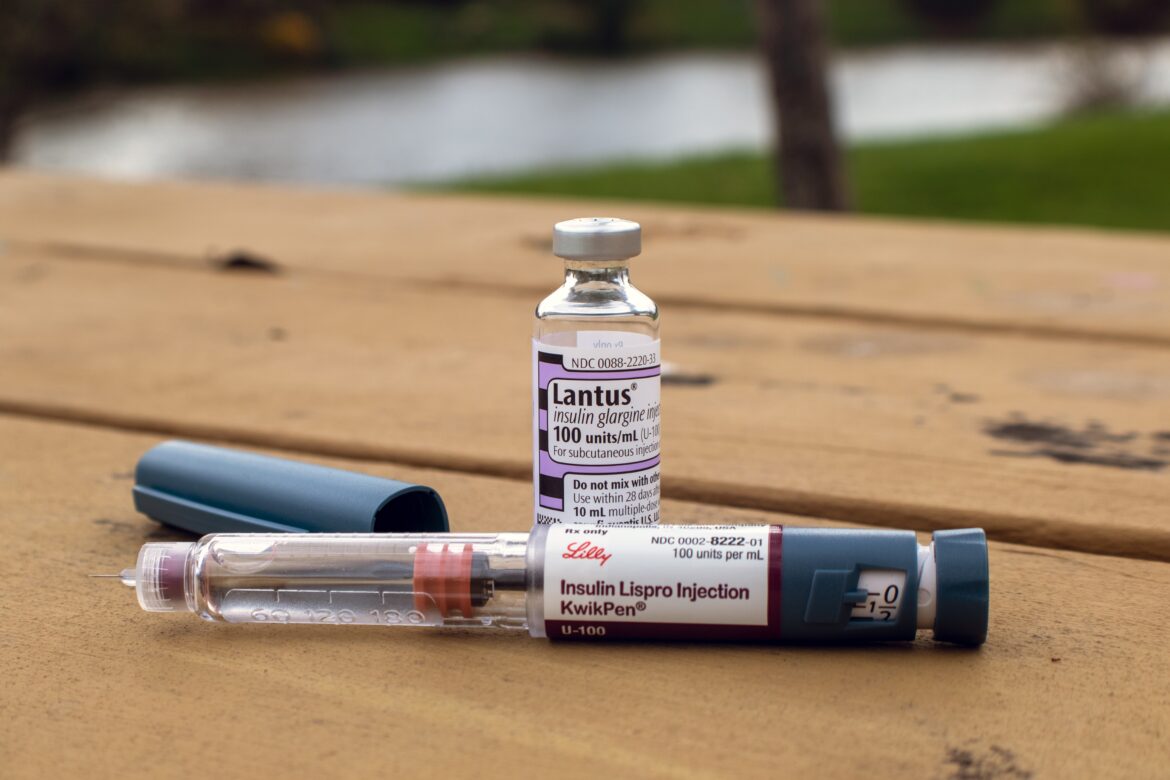Diabetic neuropathy refers to nerve damage in patients with diabetes. It is due to persistently high blood sugar levels. It usually affects the nerves in the legs and feet.
The common symptoms of this condition include pain and numbness in the legs with the sensation of pins and needles pricking the soles. The symptoms are mild in some patients, while it can be excruciating and disabling.
If not appropriately managed, diabetic neuropathy can lead to complications. These include ulcers in the soles, increased risk of recurrent fungal infections, and non-healing wounds. Hence, there is a need to take good care of your feet to ease the symptoms of diabetic neuropathy.
Here Are The Top 10 Treatments That Can Relieve Diabetic Neuropathy and Reduce The Risk Of Complications.
B Vitamins
Vitamin B deficiency is the most common cause of diabetic neuropathy. B vitamins containing vitamin B1, B6, and B12 would ensure your body receives an adequate amount of these nutrients and support healthy nerve functions.
Research reveals that vitamin B supplementation can promote nerve repair, speed up the regeneration of nerve tissues, and improve nerve functions.
It may also help reduce pain, and control inflammation. In addition, this can prevent cellular damage linked to diabetic neuropathy.
Alpha-Lipoic Acid
Alpha-lipoic acid, popularly called ALA, relieves nerve damage symptoms by producing a natural antioxidant effect.
It effectively reduces the uncomfortable symptoms of neuropathy in the legs and hands. Like pain, numbness, itching, tingling, burning, and prickling.
Research also shows that Alpha-lipoic acid supplements can protect the nerves and other vital organs and tissues against oxidative damage, reducing the risk of diabetic neuropathy.
Acetyl-L-Carnitine
Acetyl-L-carnitine is one of the essential amino acids that the body needs to support nerve functions. It also acts as an antioxidant and increases energy levels, thereby reducing the symptoms of diabetic neuropathy.
It is also revered for its ability to create new nerve cells, thus supporting the regeneration of nerves damaged due to high blood sugar levels.
According to research studies, acetyl-L-carnitine supplements can also help to reduce the symptoms of chemotherapy-induced neuropathy.
Curcumin
Curcumin is one of the most effective medicinal compounds in turmeric. It has anti-inflammatory, analgesic, and antioxidant properties.
It may relieve tingling and numbness in the hands and feet. This can prevent damage to the nerves.
Research studies have shown that the use of curcumin supplements may also minimize inflammation and the resulting functional loss in patients with diabetes.
Fish Oil
Fish oil supplements contain a rich amount of omega-3 fatty acids. This omega-three fatty acid can produce an anti-inflammatory effect. This prevents nerve damage in patients with diabetes.
The potential benefits of fish oil supplements include relief from pain, numbness, tingling, and prickling sensation.
Fish oil may also slow down the progression of diabetic neuropathy and reverse the damage to the nerves by supporting the healing and repair processes of the body.
It would also work as a neuroprotective agent and stimulate the growth of new neurons. This effect of fish oil supplements would restore sensory and motor functions of the nerves to a great extent.
Calcium
Calcium supplements can strengthen the nerves and reduce damage caused due to diabetic neuropathy.
It would also improve bone mineral density and increase muscle mass, thus enhancing your musculoskeletal coordination.
Regular use of calcium supplements would help reduce the risk of falls and protect you against the dangerous consequences of diabetic neuropathy linked to the loss of motor and sensory functions.
Glutathione
Glutathione acts as an antioxidant and protects the nerves against damage due to free radicals, toxins, and high blood sugar levels.
Preliminary research studies have suggested that glutathione would inhibit the progress of diabetic neuropathy by improving nerve functions and protecting the body against the side effects of diabetic medications.
Capsaicin Cream
Capsaicin cream is one of the most effective topical medications for patients with diabetic neuropathy. You can apply this cream to the affected part of the skin to derive relief from pain.
Capsaicin, a medicinal compound in bell peppers, works by temporarily masking the pain sensation.
Most of these drugs only provide short-term relief from the symptoms of diabetic neuropathy. It means the use of these medications may not help to correct the underlying abnormality. Also, these medications are known to cause serious side effects.
Hence, it is advisable to use natural health supplements and diabetic foot care accessories to derive long-term relief.
Diabetic neuropathy can affect the sensory functions of the nerves and reduce the sensations in the soles of your feet. As a result, you would not even realize if a needle pricks your soles or if you have an ulcer, infection, or wound in your feet.
Socks and Stockings
Compression stockings are perfect for patients with diabetic neuropathy. These stockings apply gentle pressure to the legs, thus improving the blood circulation through this part.
Over time, this would help reduce swelling in the legs and relieve leg pain caused due to neuropathy, ulcers, or wounds.
There is evidence that supports the use of padded socks and compression stockings.
Research studies have shown that padded socks would also reduce plantar pressure and minimize nerve damage.
Yoga
Research studies evaluating the health benefits of yoga have revealed that this ancient practice of holistic medicine can slow down the development of diabetic neuropathy.
Yoga is also beneficial for creating self-awareness. For example, it would help you be more aware or conscious of your dietary and lifestyle habits allowing you to incorporate healthy habits into your routine.
BOTTOM LINE
It is possible to prevent or slow down the progress of diabetic neuropathy by using these supplements and accessories. Regular exercising can also help control your blood sugar levels and avoid the complications of diabetes, including neuropathy, nephropathy, and cataract.


